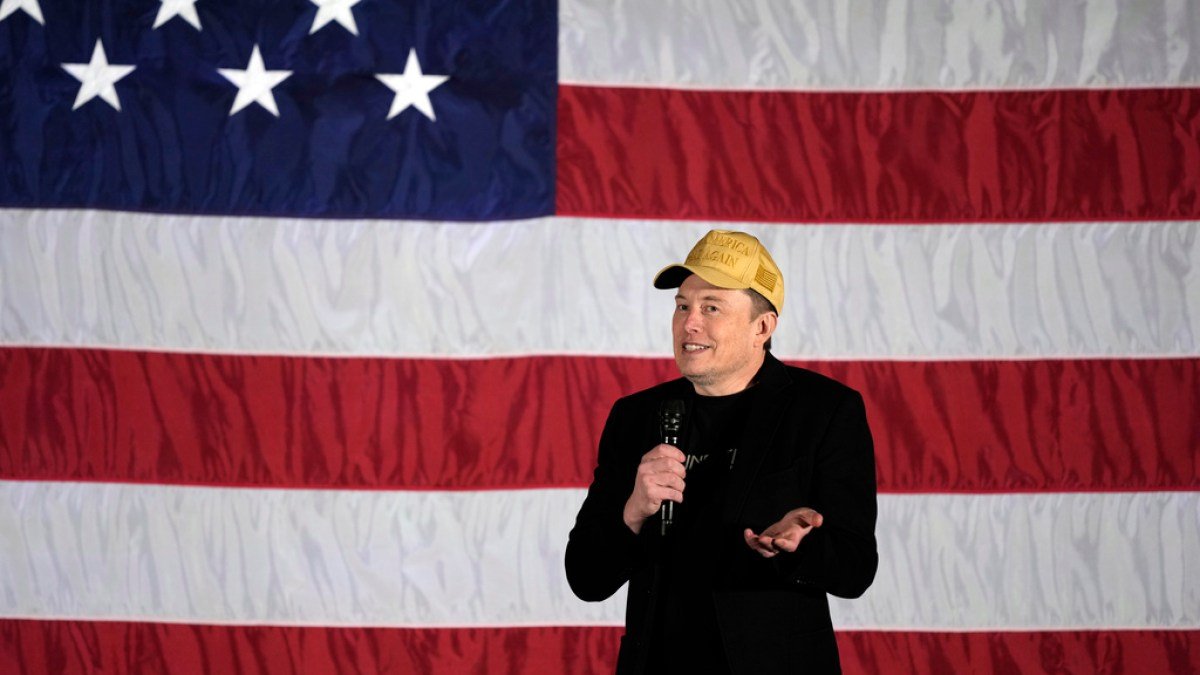Legal Concerns Arise Over Elon Musk’s Million Daily Giveaway Ahead of U.S. Election
Tech entrepreneur Elon Musk’s recent initiative to donate million each day until the U.S. elections on November 5 has sparked significant legal scrutiny, as experts warn that the strategy may contravene established laws designed to deter monetary incentives for voting. Musk’s endeavor aims to boost support for former President Donald Trump, who is running against Democratic candidate and current Vice President Kamala Harris.
On Sunday, Pennsylvania Governor Josh Shapiro publicly expressed apprehension about the plan, describing it as “deeply concerning.” He indicated that law enforcement officials might investigate the initiative, particularly because participants in Musk’s giveaway must be registered voters who also sign an online petition supporting the First and Second Amendments of the U.S. Constitution, which uphold the rights to free speech and bear arms.
Musk’s commitment includes a substantial financial backing of million through the America PAC, a political action committee formed in support of Trump’s candidacy. At a recent PAC event in Harrisburg, Pennsylvania, Musk presented a million check to an event attendee, further emphasizing his backing of Trump in the lead-up to the election. In comments made during a pro-Trump town hall, Musk stated, “This election is going to decide the fate of America and, along with the fate of America, the fate of Western civilization.”
While political action committees are an integral part of the U.S. political landscape, Musk’s pledge has raised alarms among legal experts regarding the legality of conditioning cash giveaways on voter registration. According to federal law, it is a crime to financially incentivize individuals to vote or register, carrying potential prison sentences. Legal advisors clarify that this prohibition includes not only cash but also any items of monetary value.
Rick Hasen, a law professor at UCLA, remarked in a recent blog that Musk’s approach appears to clearly violate legal stipulations. Similarly, Brendan Fischer, a campaign finance attorney, noted that the structure of the giveaway could breach legal boundaries since it specifically ties eligibility to voter registration.
Michael Kang, a professor of election law at Northwestern University, underscored that the timing of the initiative raises concerns about its intent, closely aligning with the eligibility period for voter registration. He articulated, “While it may not directly amount to paying someone to vote, it skirts dangerously close to that line.”
As the conversation around campaign finance and voter turnout intensifies, Musk’s initiative continues to draw attention. The implications, both legal and ethical, of incentivizing voter engagement warrant close scrutiny in the face of an upcoming election that many characterize as pivotal for the future.

